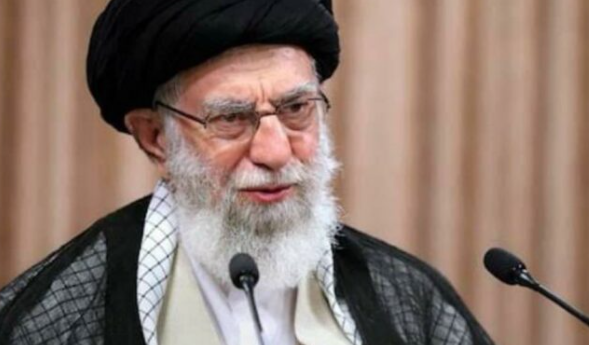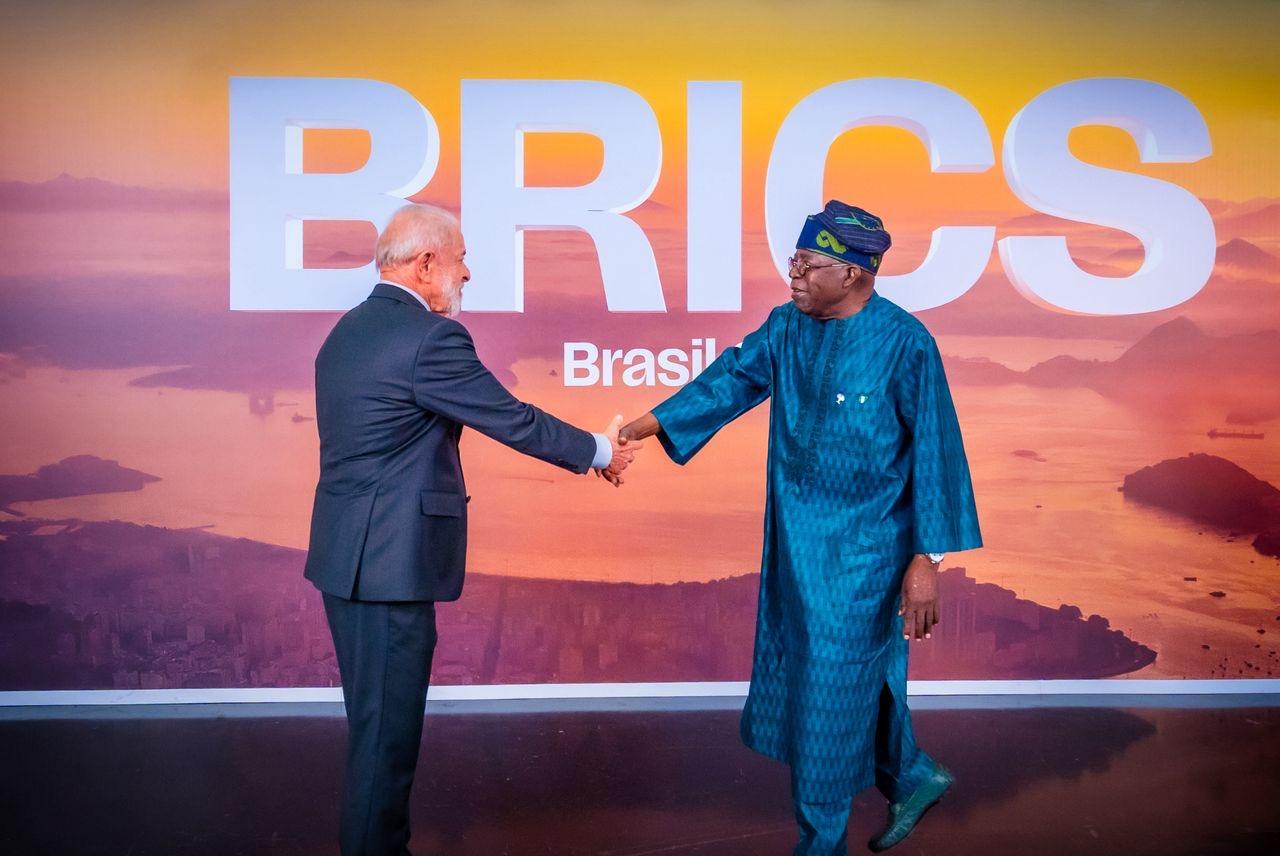
Iran Cries Out as War with Israel Leaves Nuclear Sites in Ruins

Tehran is now facing what it calls one of the gravest setbacks to its nuclear ambitions in recent years, following a brutal 12-day military confrontation with Israel. On Thursday, Iran’s Foreign Minister Abbas Araghchi made a striking admission during a live state broadcast: Iran’s nuclear facilities suffered “serious damage” in the wake of Israel’s targeted strikes, with the aftermath now dominating diplomatic conversations both within Tehran and on the global stage.
The conflict, which began on June 13, was triggered by an Israeli offensive that specifically targeted Iran’s nuclear and missile infrastructure. According to Iranian officials, the bombardment inflicted far more than symbolic damage—it struck at the heart of the nation’s energy and defense ambitions, sending shockwaves across a region already simmering with tension.
As news of the destruction rippled through Iranian media, images of scorched industrial zones and collapsed buildings hinted at the intensity of the Israeli assault. Though exact figures have not been released, insiders familiar with the Atomic Energy Organization of Iran disclosed to local outlets that several key enrichment facilities, including components of the Natanz and Fordow nuclear sites, were “no longer operational.” This level of transparency is rare from Iranian authorities, underlining the severity of the situation.
Foreign Minister Araghchi confirmed that a technical assessment of the damage is now underway, led by nuclear experts dispatched by the Atomic Energy Organization. “A detailed assessment of the damage is being carried out,” he said during the broadcast. He noted that both technical analysis and diplomatic consultations were proceeding concurrently, with Tehran already pivoting toward the international stage to seek redress.
“Now, the discussion of demanding damages and the necessity of providing them has been placed as one of the important issues on the country’s diplomatic agenda,” Araghchi added. While he did not specify from whom Iran would seek these reparations, the comment has sparked speculation that Iran may present claims against Israel—or even the United States—for their roles in what it now frames as a deliberate act of aggression.
The United States, under the leadership of former President Donald Trump, has not minced words about its role in the affair. Speaking at a political rally in Florida just days ago, Trump boasted that joint U.S.-Israel operations had “obliterated” Iranian nuclear capabilities. “We took out the key sites—they won’t be enriching anything for a long time,” Trump declared to thunderous applause.
Iran, for its part, has not officially acknowledged the extent of U.S. involvement beyond the diplomatic statements issued by its foreign ministry. But the presence of American-made precision-guided munitions in the debris has fueled Iranian suspicions—and inflamed public anger.
Tehran has long claimed that its nuclear program is for peaceful purposes. But its refusal to allow full international inspections and its expansion of uranium enrichment have repeatedly drawn concern from Western nations and international watchdogs like the IAEA. The latest war has now reignited fears about the potential for a full-scale regional escalation, especially if Iran chooses to retaliate.
Analysts warn that this could be a defining moment for Iran’s nuclear aspirations. The loss of critical infrastructure means that even if Iran chooses to rebuild, the path forward will be costly and slow. Already facing crippling economic sanctions, political isolation, and domestic unrest, Iran may struggle to restore its program to its previous capacity without substantial external support—a prospect complicated by the country’s strained relations with much of the international community.
Inside Iran, the news has sparked a mixed response. Nationalist voices are calling for immediate retaliation, with some military officials demanding direct strikes against Israeli assets in the region. On the other hand, pragmatic figures within the government are urging caution, warning that any escalation could provoke even greater losses.
The Iranian parliament is expected to convene an emergency session this weekend to debate a formal response. While hardliners push for a military solution, reformist lawmakers have begun drafting proposals that would seek support from international allies—including Russia and China—to help stabilize the situation and potentially mediate negotiations.
Meanwhile, Israel has not officially commented on the full extent of the damage but has reiterated its long-standing position that it will do “whatever is necessary” to prevent Iran from acquiring a nuclear weapon. Speaking from Tel Aviv, Israeli Prime Minister Yair Lapid stated, “Israel will never allow its enemies to threaten our existence. We have acted, and we will act again if needed.”
The international community has responded with growing unease. The European Union has called for an immediate cessation of hostilities and the establishment of a neutral inspection team to verify the damage and prevent further escalation. The United Nations Security Council is scheduled to hold a closed-door meeting early next week to assess the implications of the strikes and Iran’s response.
As Iran mourns the blow dealt to its nuclear infrastructure, a deeper concern lingers beneath the surface: the potential unraveling of years of strategic ambition. The country’s nuclear program has been a cornerstone of its geopolitical leverage, and now, with vital sites damaged and its capabilities potentially rolled back by years, Tehran is at a critical crossroads.
Whether Iran chooses the path of war, diplomacy, or quiet rebuilding remains to be seen. But one thing is clear—the conflict with Israel has changed the landscape irrevocably, and the repercussions will be felt far beyond the borders of the two nations involved.
For now, the world watches and waits as a nation begins to pick through the rubble—of buildings, of ambition, and of pride.


